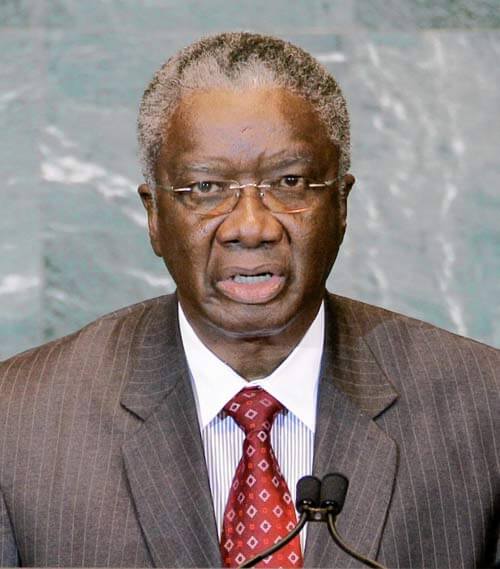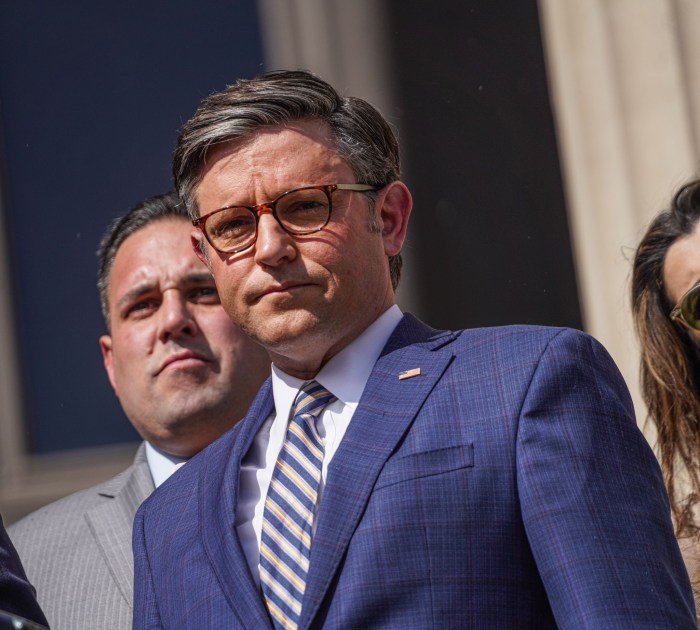Barbadian governments are normally known for their prudence, limited levels of corruption and respect for public opinion but the administration of Prime Minister Freundel Stuart appears to be determined to buck that tradition by insisting that both locals and visitors entering and leaving the island must be subjected to fingerprinting.
Most locals are arguing that they see absolutely no need for them to be subjected to mandatory fingerprinting while traveling and are urging government to abandon the idea as Barbados is the only Caribbean Community nation to be heading this direction so far.
In parliament this week, the prime minister said he was constrained by an active lawsuit to limit his explanations about the scheme to lawmakers but appeared to hint that there is slight room for negotiation.
Earlier this year the cabinet had announced the plan to implement the highly controversial scheme from April 1, as a means of readying the nation to be better equipped to detect and fight international terrorism.
But the outrage the announcement generated and a move to the court by human rights activist David Comissiong have stymied implementation of the decision which has set talk radio alight with stinging criticism against a government already on the ropes because of a struggling economy and job shortages.
Industry Minister Donville Inniss says that while the April deadline has passed, cabinet still has the plan on the front burner as he criticized lawyers and opponents of the move during debate on the immigration amendment act.
“It is very unfortunate that what should have been appreciated as a national security matter was allowed to be delved into the realm of pure partisan politics. That troubled me a bit. We cannot take these things lightly,” he said referring to international terrorists.
“We sit here in Barbados and I see lawyers taking the government to court,” said Inniss, as opposition to fingerprinting remains strong and is even growing.
Like many ordinary citizens, opposition spokesman Dale Marshall said he remains flabergasted by the government’s stubbornness on the issue, calling it illogical.
“It now appears that even though the immigration department announced that the measure was going to be deferred for further consideration and action, based on the mouthing of the minister of commerce and the minister of health, that this administration, despite the very vocal criticism of the public of Barbados, is once more hell bent on taking us down this road.”
Immigration Chief Wayne Marshall last weekend announced plans to defer implementation of the system both in the face of public criticism and to allow the department more time to re-examine some of the issues, especially the legal issues, raised in the public arena, both orally and in writing, and to increase public awareness about the initiative.”
Security officials had argued that benefits of the system would have allowed officials to identify fraudulent passports, strengthening border control and preserving the high international ranking of the local passport.
Fingerprint reading machines are already in place at nearly two dozen desks at the main airport, both for visitors and locals alike.
To ordinary Bajans, officials like government Senator Verta De Peiza who cite terrorism fears as reasons for fingerprinting are throwing in a red herring.
She told fellow law makers this week that “If it is that we are guaranteeing our ports and safeguarding entry, what is the fear of law-abiding citizens to having a fingerprint taken?”















